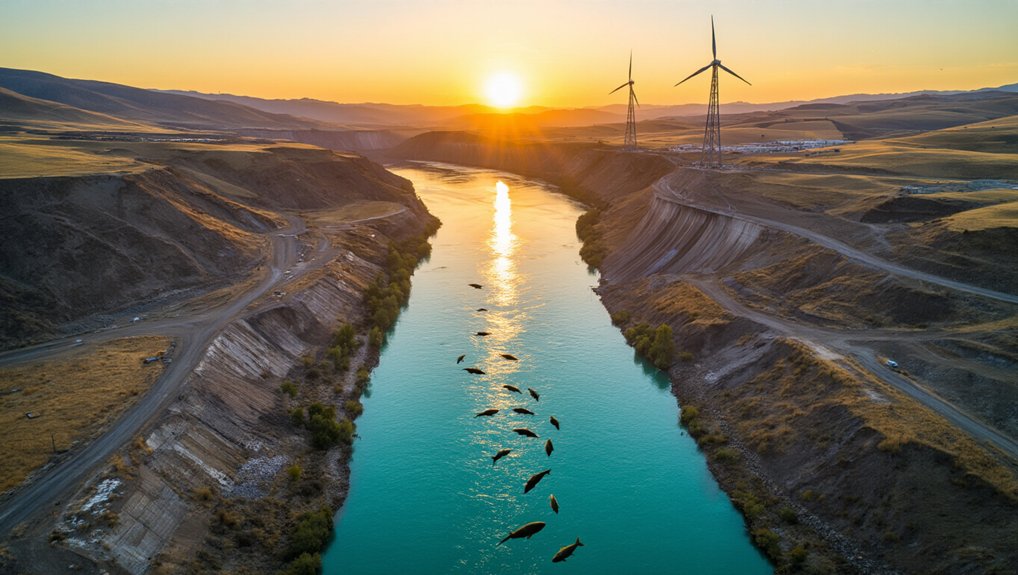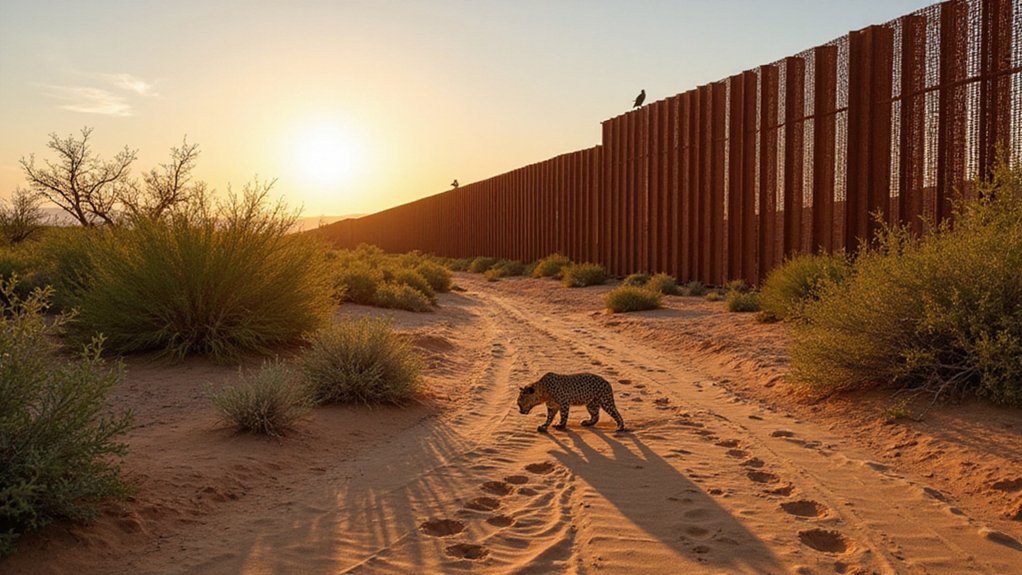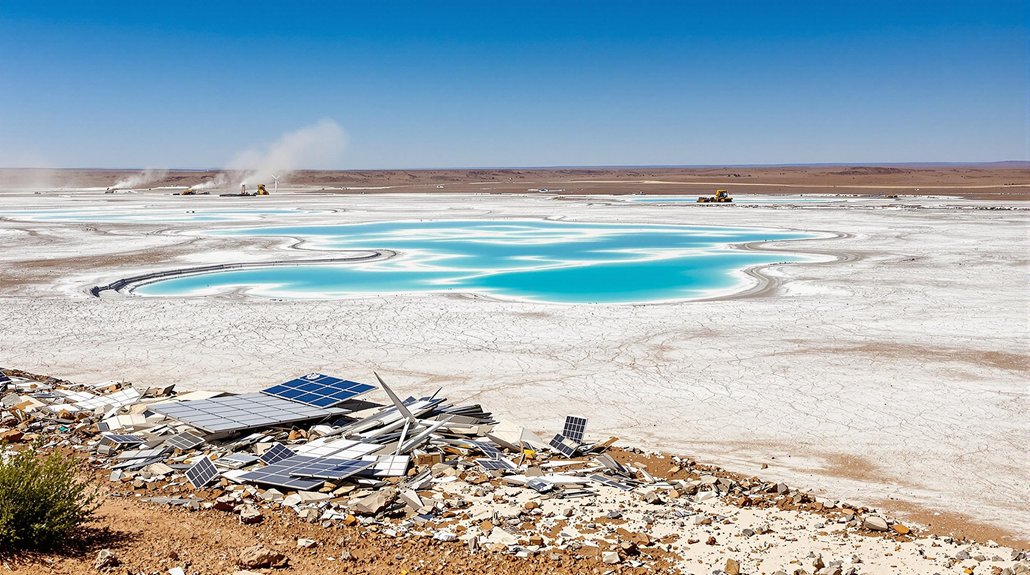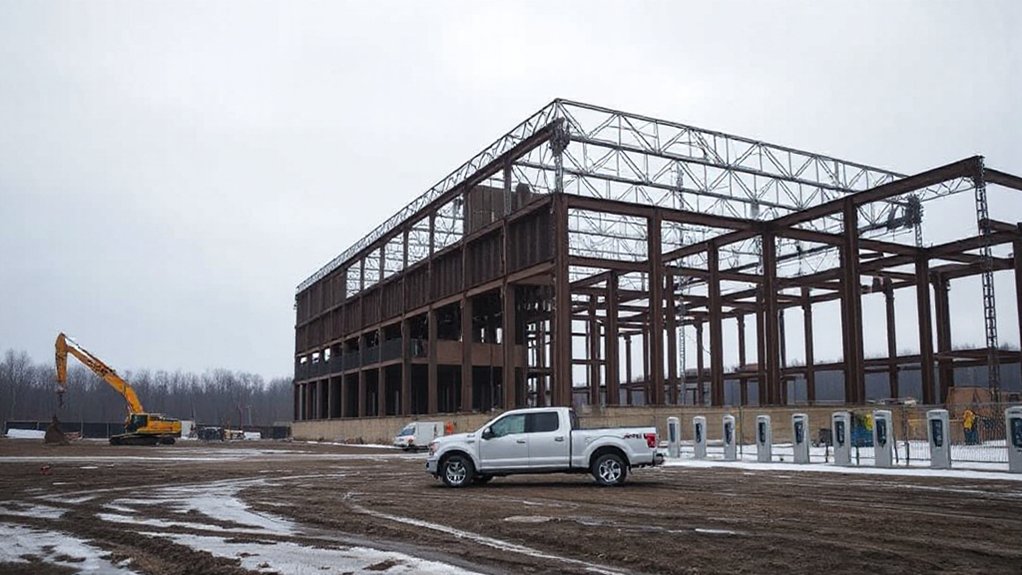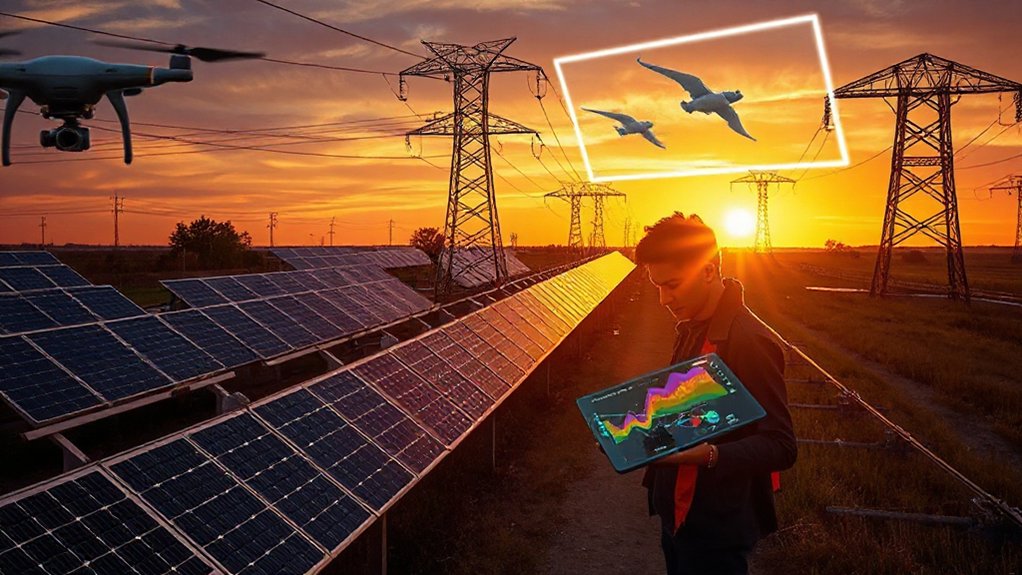President Trump ripped up a historic $1 billion agreement with Northwest tribes this week, slamming the door on years of salmon recovery efforts and renewable energy development.
The stunning reversal ends a Biden-era deal struck just last December with four tribal nations and two states, effectively washing away plans to restore dwindling salmon populations while simultaneously building clean energy projects on tribal lands.
The cancellation wasn’t exactly subtle. Trump’s administration issued a presidential memorandum that completely withdrew federal participation from the Columbia River Basin agreement. No discussion. No warning. Just gone.
Tribal leaders are, predictably, furious. The four affected tribes—the Nez Perce, Confederated Tribes of the Warm Springs, Yakama Nation, and Confederated Tribes of the Umatilla Indian Reservation—see this as yet another broken promise in a centuries-long pattern.
Treaty rights apparently mean nothing when inconvenient. The Yakama put it bluntly: having fishing rights to waters without fish isn’t exactly helpful.
For salmon, it’s another brutal blow. The agreement had paused decades of litigation while offering real hope for recovering salmon runs across Washington, Oregon, and Idaho.
Dam removal—the elephant in the room for salmon migration—is now off the table. Again. Fish, unsurprisingly, didn’t vote in the election.
The renewable energy component gets trashed too. Plans for up to three gigawatts of clean energy projects? Scrapped.
Tribal lands that were set to host sustainable energy development? Too bad. The region’s careful planning to shift from hydroelectric dependence just hit a wall.
With limited storage capacity hampering renewable energy reliability, these tribal projects represented a critical step toward more consistent regional power supply.
Rising water temperatures in the Columbia River basin have already created lethal conditions for salmon, making the withdrawal’s timing particularly devastating.
Economically, it’s a disaster for communities counting on both ecological restoration and clean energy jobs. Local economies tied to fishing, tourism, and the renewable sector now face uncertainty.
The litigation that this agreement temporarily halted will likely roar back to life. Court battles that have dragged on for decades will continue, costing millions more.
Meanwhile, salmon populations keep declining. But hey, who needs billion-dollar solutions when endless lawsuits are so much more fun?
Shannon Wheeler, chair of the Nez Perce Tribe, condemned the actions as directly undermining treaties signed in 1855, reinforcing the tribes’ historical grievances.
References
- https://www.opb.org/article/2025/06/12/trump-upends-columbia-river-basin-agreement/
- https://grist.org/indigenous/salmon-tribal-sovereignty-and-energy-collide-as-u-s-abandons-resilient-columbia-basin-agreement/
- https://www.propublica.org/article/trump-salmon-columbia-river-tribes-deal
- https://www.whitehouse.gov/fact-sheets/2025/06/fact-sheet-president-donald-j-trump-stops-the-green-agenda-in-the-columbia-river-basin/
- https://tribalbusinessnews.com/sections/energy/15182-trump-withdraws-from-1b-columbia-river-basin-agreement-with-tribes-states
